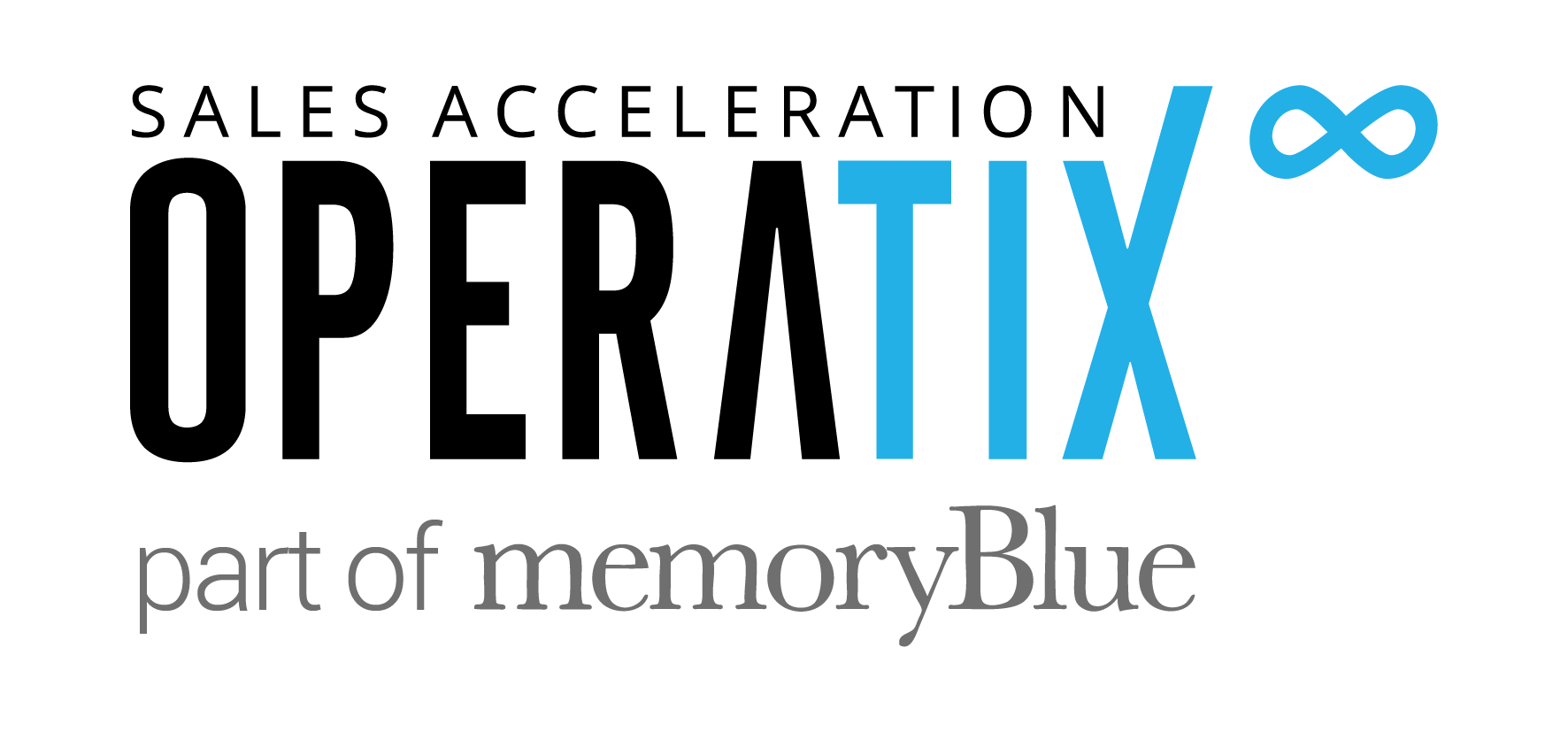There’s only one letter between losing and closing a deal. It’s also the first letter in competition. And guess what?
You should know your competition.
Assuming your sales team knows your product, your services, and your value, the next step is to equip them with knowledge about their competitors. This enables them to address questions the customer may not even be asking yet, but they’re certainly considering. “Well, the other company does xyz….”
On this episode of the B2B Revenue Acceleration podcast, Chris Geisert delivers powerful tactics on battle cards, when to review your competitors, and when to focus on your own product or service.
Chris is the CMO at Lockpath, where they help customers from SMB to enterprise manage risk (a.k.a., GRC or integrated risk management). Chris’s expertise rests on his 25 years in marketing, in everything from the regional theme park industry, to the agency side to AOL, B2B, and B2C. His breadth of experience has given him a wide-eyed view of marketing and sales, and competitive analysis.
Everything You Need to Know About Your Competitor (& What You Don’t)


You can’t just look at all your competition as adversarial.
Chris Geisert
“We never mention competitors in any of our marketing,” said Chris. But Chris is still aware of them. He said you should always be able to answer these questions about your competition:
- Do you understand your competition?
- What is their core product offering?
- What are some of their key messages?
- How do their messages compare to our key message?
You never want to develop your marketing or messaging around your competition. Simply put, awareness is the goal. But from that general awareness, you can build strategies and tactics on how to equip your sales team.
How to Format Your Battle Cards


If it’s not in a usable format, then it’s wasted effort.
Chris Geisert
Always arm your sales people with information. But here’s the deal: It’s got to be in a usable format for the salespeople. If they don’t use it, it doesn’t matter how much data or information your marketing team pulls together. It will go wasted.
Sales people are quick-thinkers, and action-oriented. They have a short attention span and they are go-go-go. You have to keep things in short chunks and small bites.
- Table of features: Chris uses a sheet with a sort of checkbox table of features showing your company’s product (or service) specifications, versus those of the competitor(s). Give the sales person the high level of what they are walking into with their pitch, so they know what they are pitching against.
- Include a SWOT analysis: Where is your competition possibly stronger than you are? And in what areas are you superior to your competition?
“The danger with these battle cards is this: As marketers, we want to deliver as much information as we can. Too often, we give sales persons information overload, and it becomes something that’s unusable.”
Pro tip: Leverage the skill that all marketers possess: They are experts at boiling product offerings and messages down to key points. Use that skill to effectively develop key messaging about competitors for your internal sales people.
Zooming in on Your Final Competitors
Let’s dive a little deeper. One concern is information overload for your sales team. But that concern must also be tempered with a detailed analysis of your competition in certain situations.
The deciding factor often comes down to where your sales person is at in the sales cycle with a prospect: If they are sourcing leads, then the competitive analysis probably doesn’t need to be super detailed. However, if you are in an RFP stage, or your company is down to the final 2 or 3 choices, then it makes sense to break down the strengths and weaknesses for your probable competition. Go ahead and give the sales team a deeper level of information, if you are able to determine exactly who your competitors are.
Pro tip: Take the use case the prospect has laid out for you. “How can we tell that story in a way that gives the prospect the best solution?” You don’t need to mislead them and end up with a bad sale. You simply want to size up the situation to where, hopefully, you are stronger than your competition and it makes sense to choose you over them.
Simply put, you can’t have a detailed battle card against every single competition every single day, because of the rapid development and innovation inherent within the technology world.
2 Pro Tactics: Annual Reviews, & Knowing Your Top 3 or 4 Competitors
1. If you haven’t updated them recently, at least annually, update your battle cards.
2. You can’t know every competitor that you could face in every given scenario, but likely, there are 3 or 4 you will come up against repeatedly. You should have battle cards for those top competitors.
Know the Other Drivers, But Stay in Your Own Lane
In the end, you want to have a general knowledge of the competitors within your arena, and probably have a detailed analysis on your top 3 or 4. But, as Chris’s grandmother always said, “Stick to your own knitting.”
This post is based on an interview with Chris Geisert from Lockpath.
To hear this episode, and many more like it, you can subscribe to The B2B Revenue Acceleration Podcast.
If you don’t use iTunes, you can listen to every episode here.





